Your Guide to Septic Tank Function
Septic tanks play a crucial role in managing wastewater in areas that lack access to centralized sewer systems. According to WBUR, approximately one in four people in the United States use septic tanks. Whether you live in a rural area or simply have a property that is not connected to a municipal sewer line, understanding how septic tanks work is essential for their proper maintenance, functionality, and lifespan. Here's everything that you need to know about this type of sewage and wastewater disposal system.
The Basics of a Septic Tank
A septic tank is an underground wastewater treatment system. It is typically made of concrete, fiberglass, or plastic and is buried in the ground. The tank is divided into two chambers. Those chambers are the inlet chamber and the outlet chamber. The primary purpose of a septic tank is to separate solid waste from wastewater, allowing the wastewater to flow out and be further treated while retaining the solids for removal later.
The Process of Wastewater Treatment
When wastewater enters the septic tank from the house, it undergoes a series of treatment stages. Here's a breakdown of the process:
- Settling and Separation: As the wastewater enters the septic tank, it first settles, allowing heavy solids to sink to the bottom. These solids, known as sludge, accumulate over time and need periodic removal. Lighter materials, such as grease and oil, float to the surface, forming a scum layer.
- Anaerobic Digestion: In the septic tank, anaerobic bacteria thrive and break down the organic matter in the sludge. This process is known as anaerobic digestion, and it results in the production of gases like methane and carbon dioxide. The bacteria reduce the volume of solids and help break them down into simpler compounds.
- Effluent Clarification: The partially treated wastewater, known as effluent, moves from the inlet chamber to the outlet chamber. In the outlet chamber, the effluent undergoes further settling, allowing any remaining suspended solids to settle at the bottom. The clarified effluent, which is now mostly free of solids, is ready for the next stage of treatment.
Drainfield and Soil Treatment
After leaving the septic tank, the clarified effluent flows into the drainfield. The drainfield consists of a network of perforated pipes buried in trenches filled with gravel or other suitable materials. The effluent is evenly distributed through the pipes and gradually seeps into the surrounding soil. The soil in the drainfield acts as a natural filter, further treating the wastewater by removing harmful bacteria, viruses, and nutrients. The soil also helps to disperse the effluent, preventing it from accumulating in one area. This process allows for the final purification of the wastewater before it returns to the groundwater system.
Maintenance and Care
Proper maintenance of septic tanks is crucial to ensure their efficient operation and prevent potential issues. Here are a few essential maintenance tips:
- Regular Pumping: Over time, the accumulation of sludge and scum in the septic tank can reduce its effective capacity. Periodic pumping is necessary to remove the solids and maintain the tank's functionality. The frequency of pumping depends on factors such as tank size, household size, and water usage.
- Avoiding Harmful Substances: Certain substances can harm the septic tank and disrupt the bacterial balance. Avoid flushing non-biodegradable items, chemicals, oils, and excessive amounts of harsh cleaning agents down the drains. These can inhibit bacterial activity and potentially damage the tank.
- Water Conservation: Conserving water helps reduce the load on the septic system. Implementing water-saving practices such as fixing leaks, using efficient appliances, and spacing out water usage can prevent overwhelming the system.
Septic tanks provide an effective solution for wastewater management in areas without access to centralized sewer systems. Understanding how
septic tanks work is essential for their proper maintenance and functionality. By following proper maintenance practices, such as regular pumping, avoiding harmful substances, and conserving water, septic tank owners can ensure the longevity and efficient operation of their septic systems. If you have questions about your septic system, or you need to have maintenance, repairs, or other septic services completed, our team is here to help you. Reach out to our team at Reliable Septic & Services today and let us help you properly care for your septic tank.
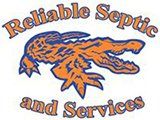

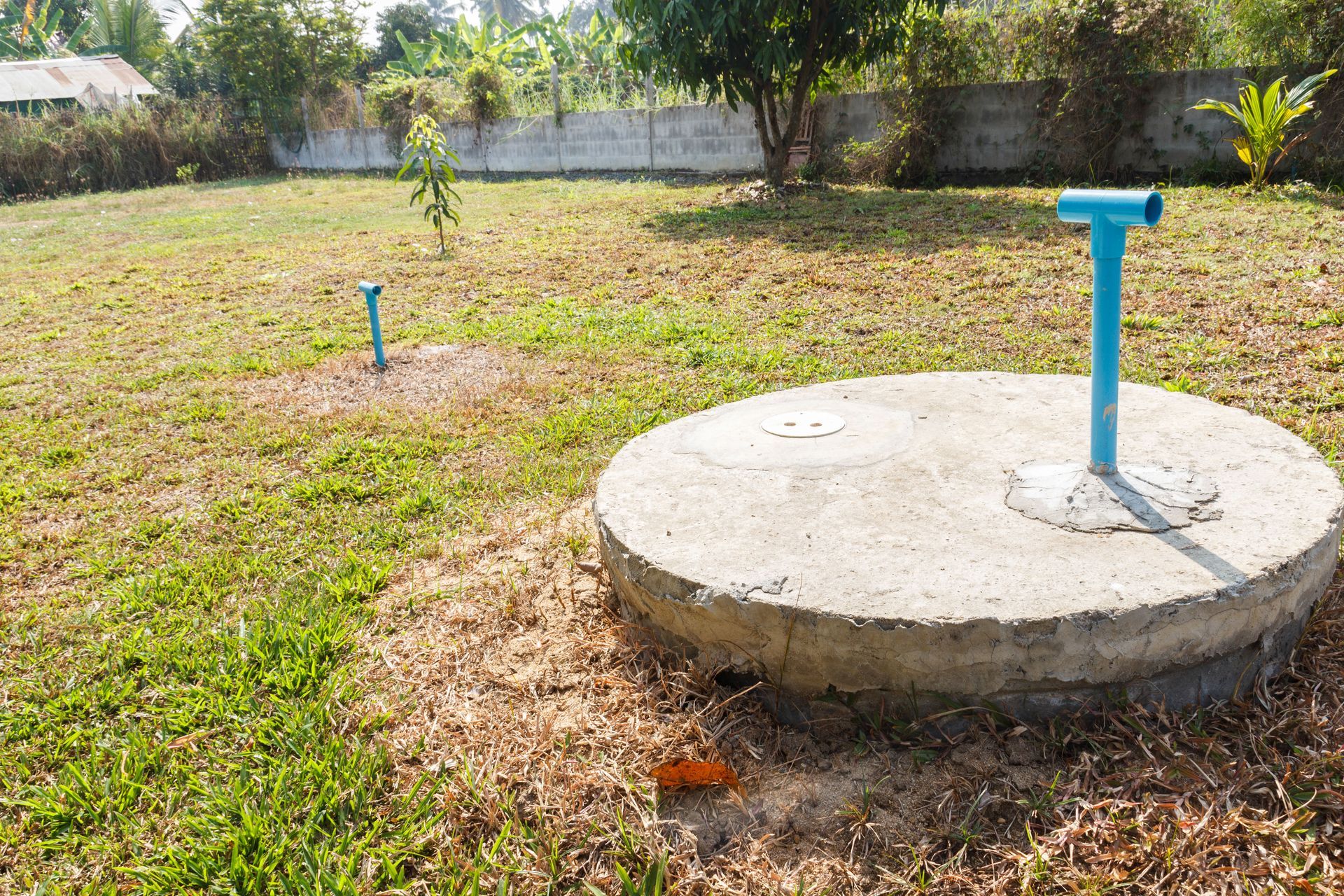
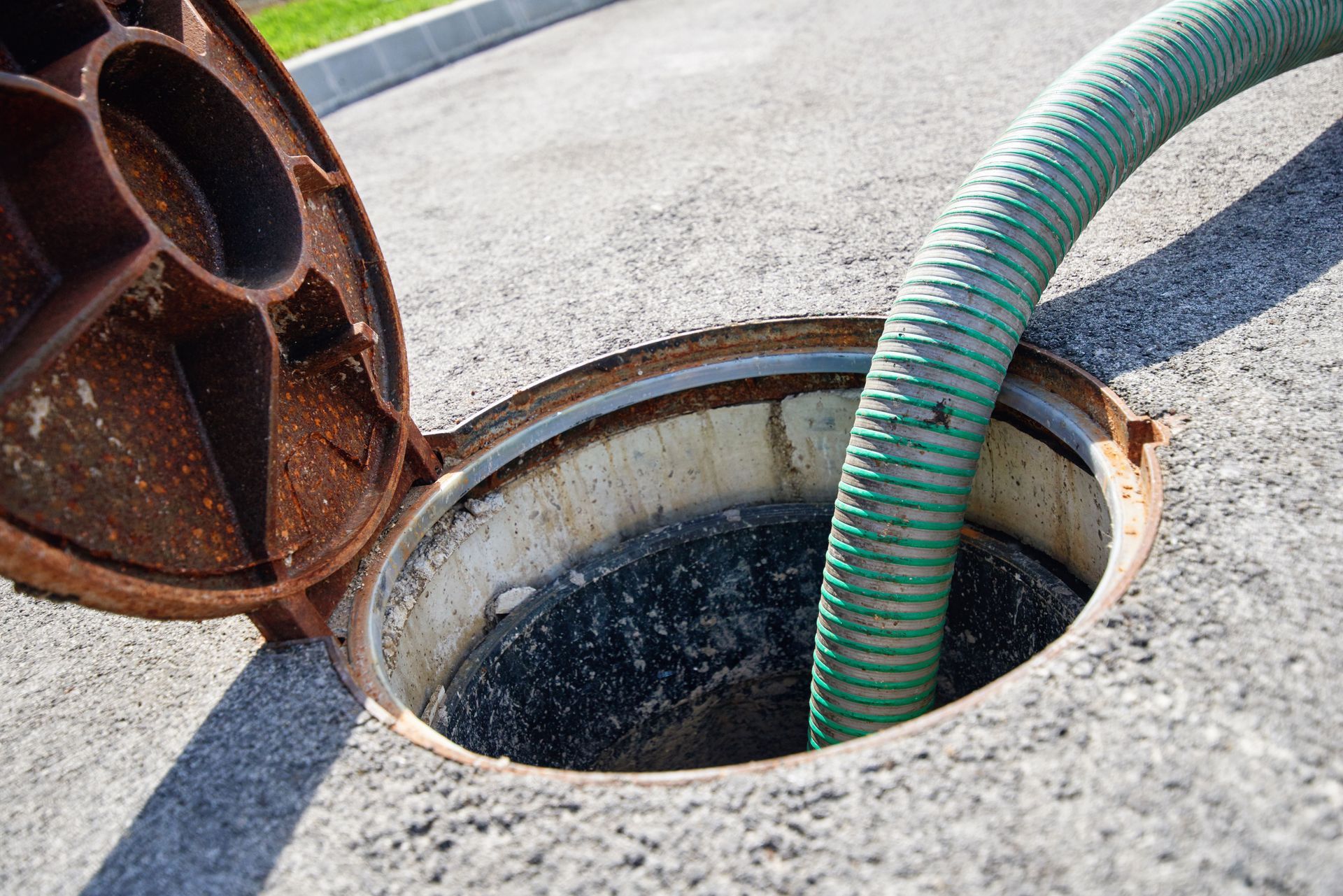
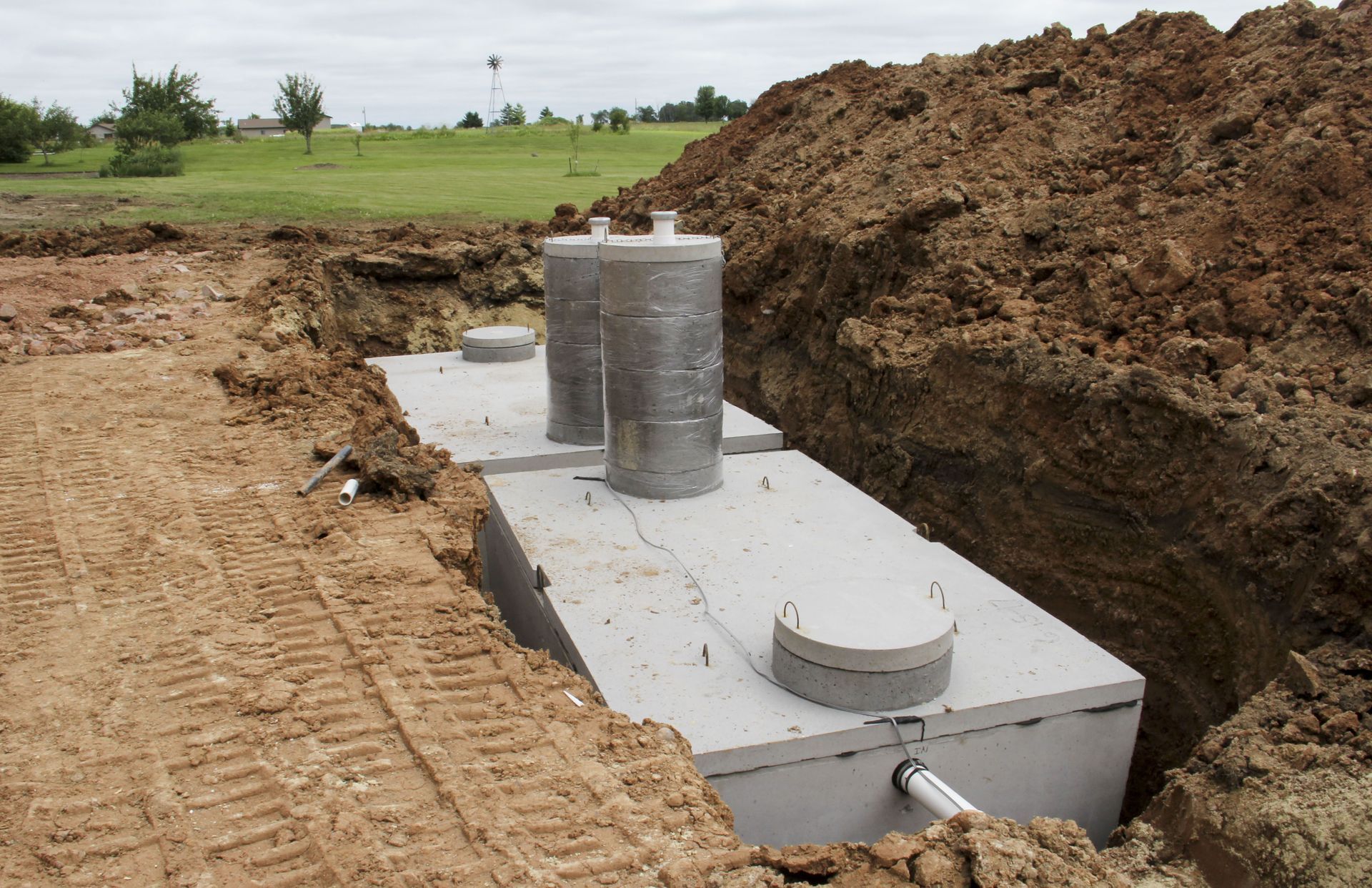
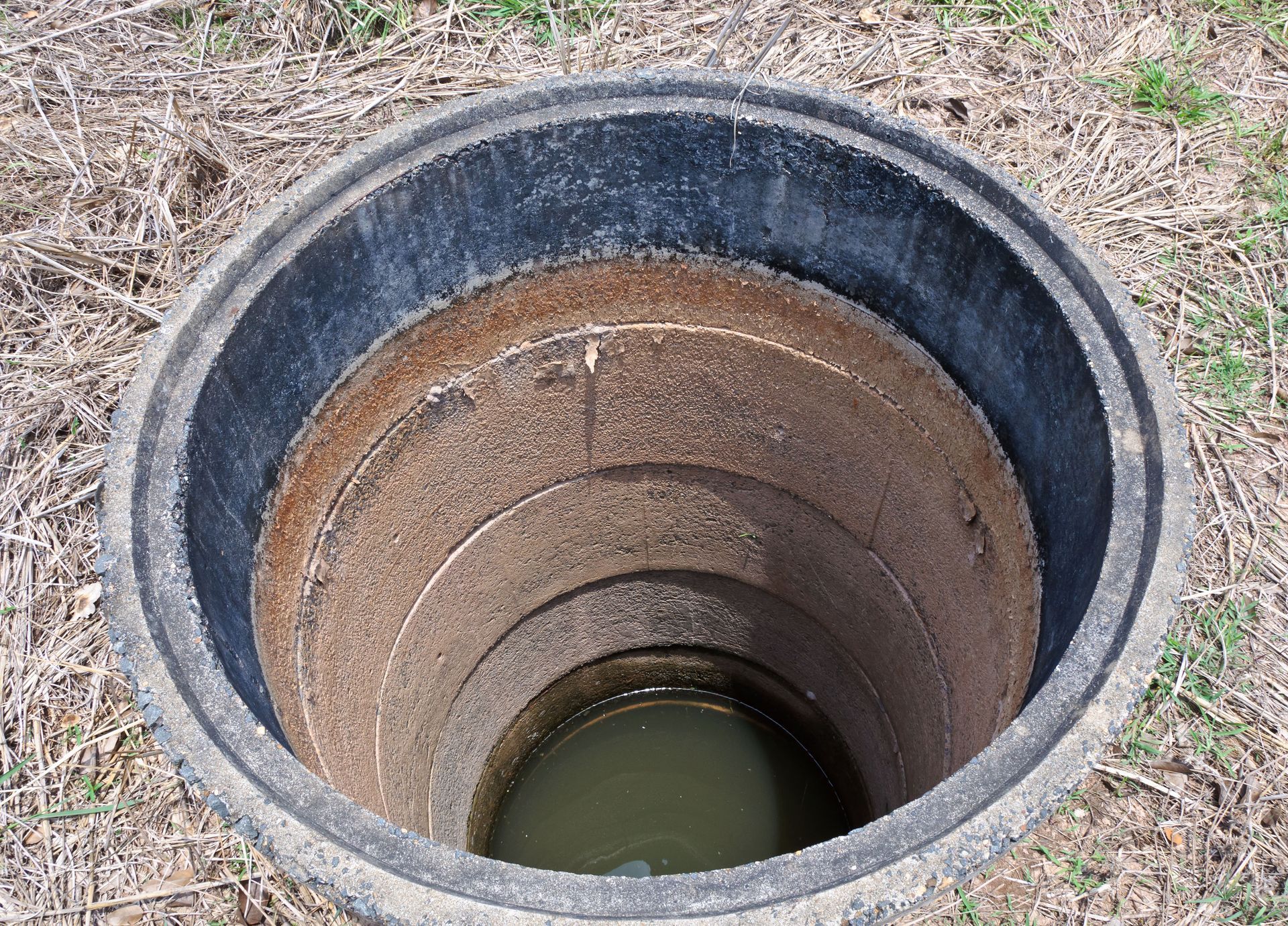
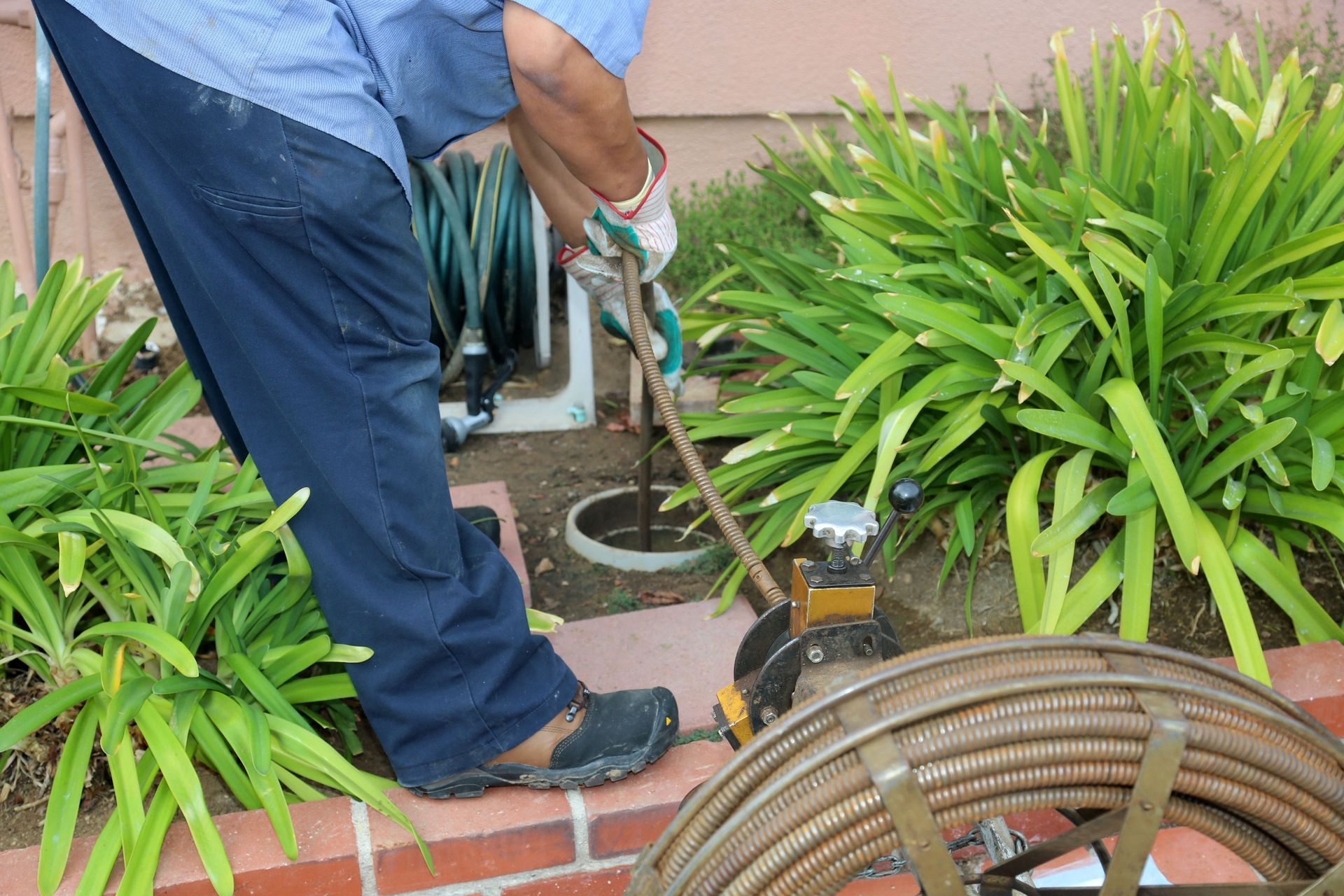
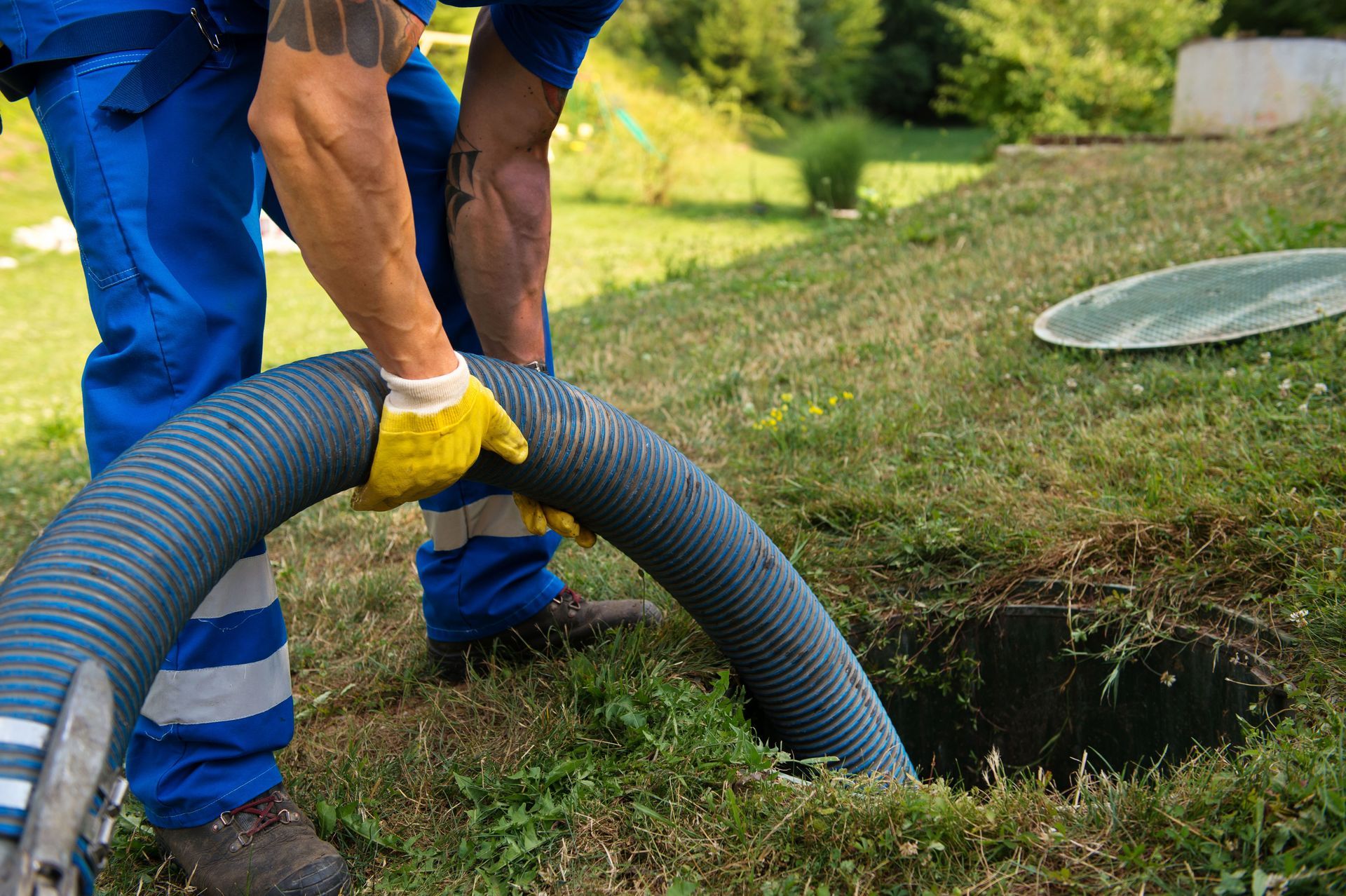
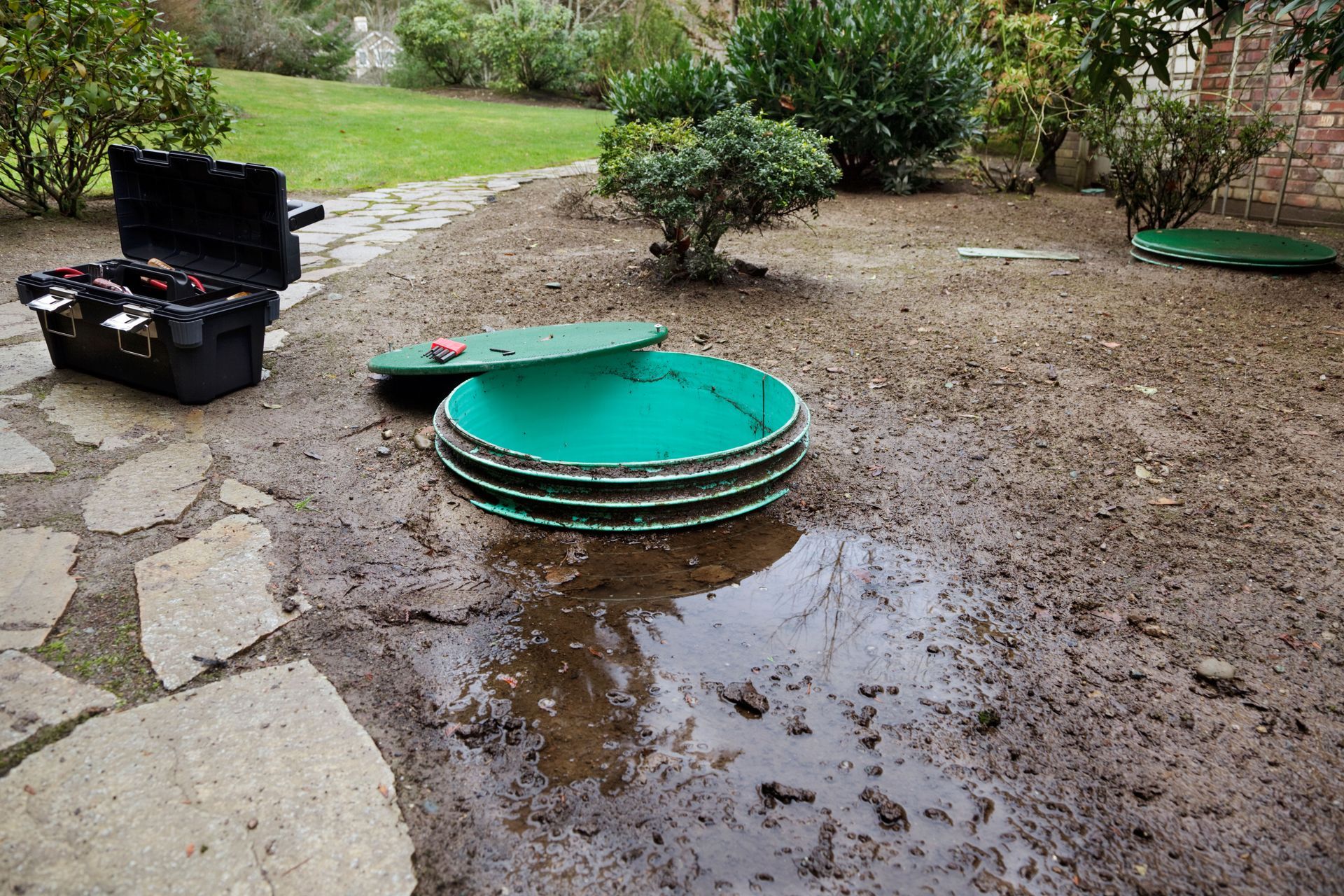
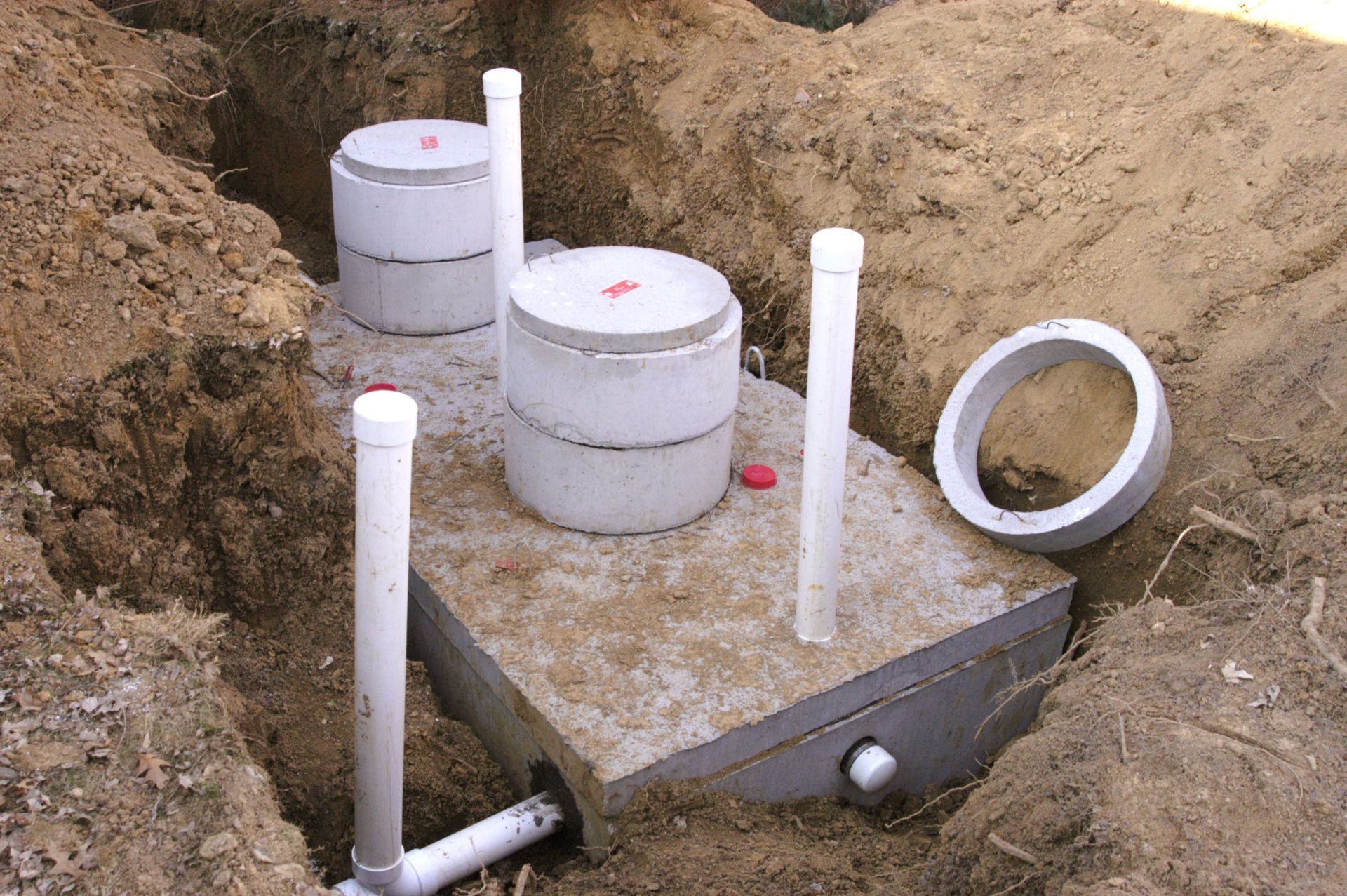
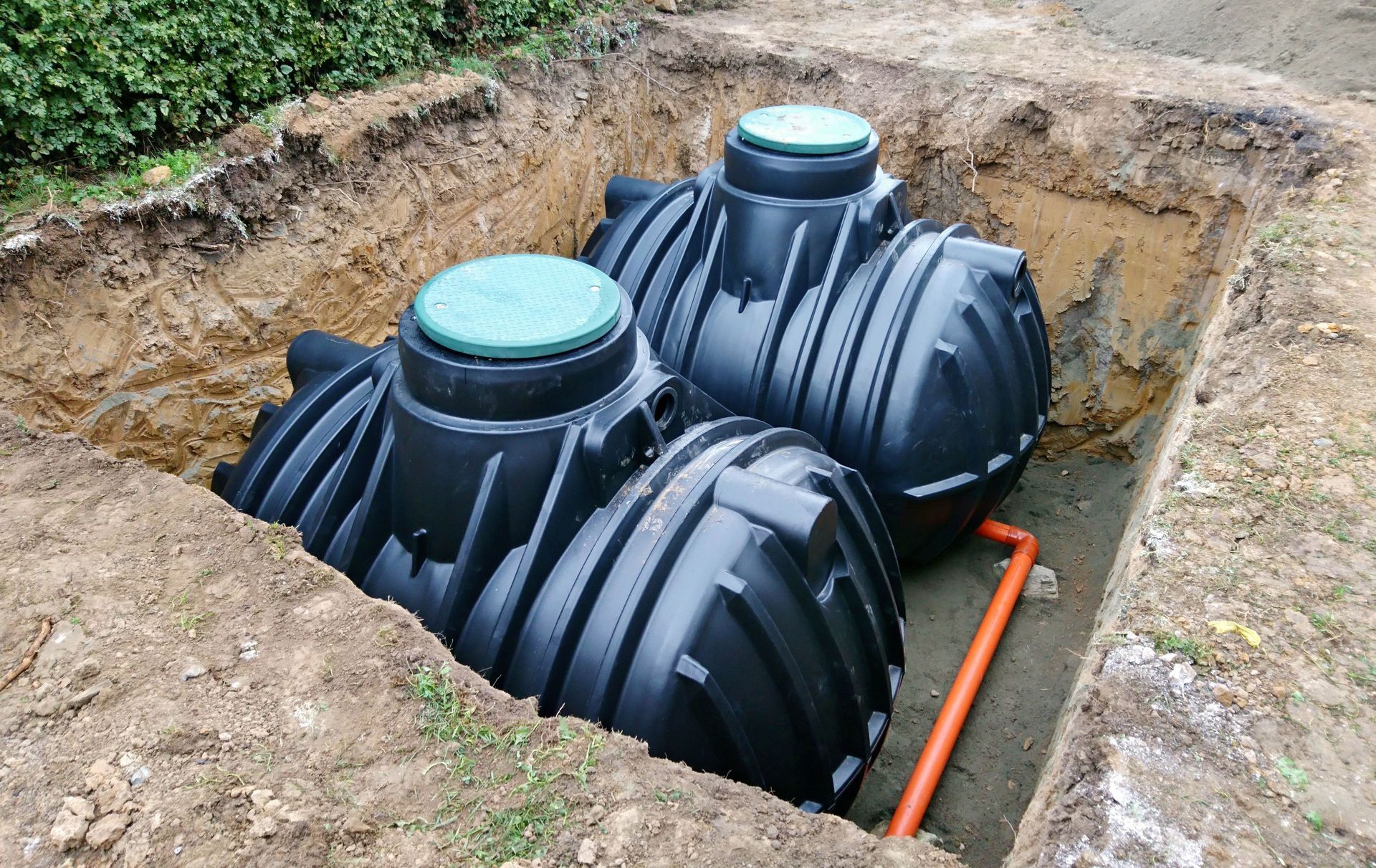
Share On: